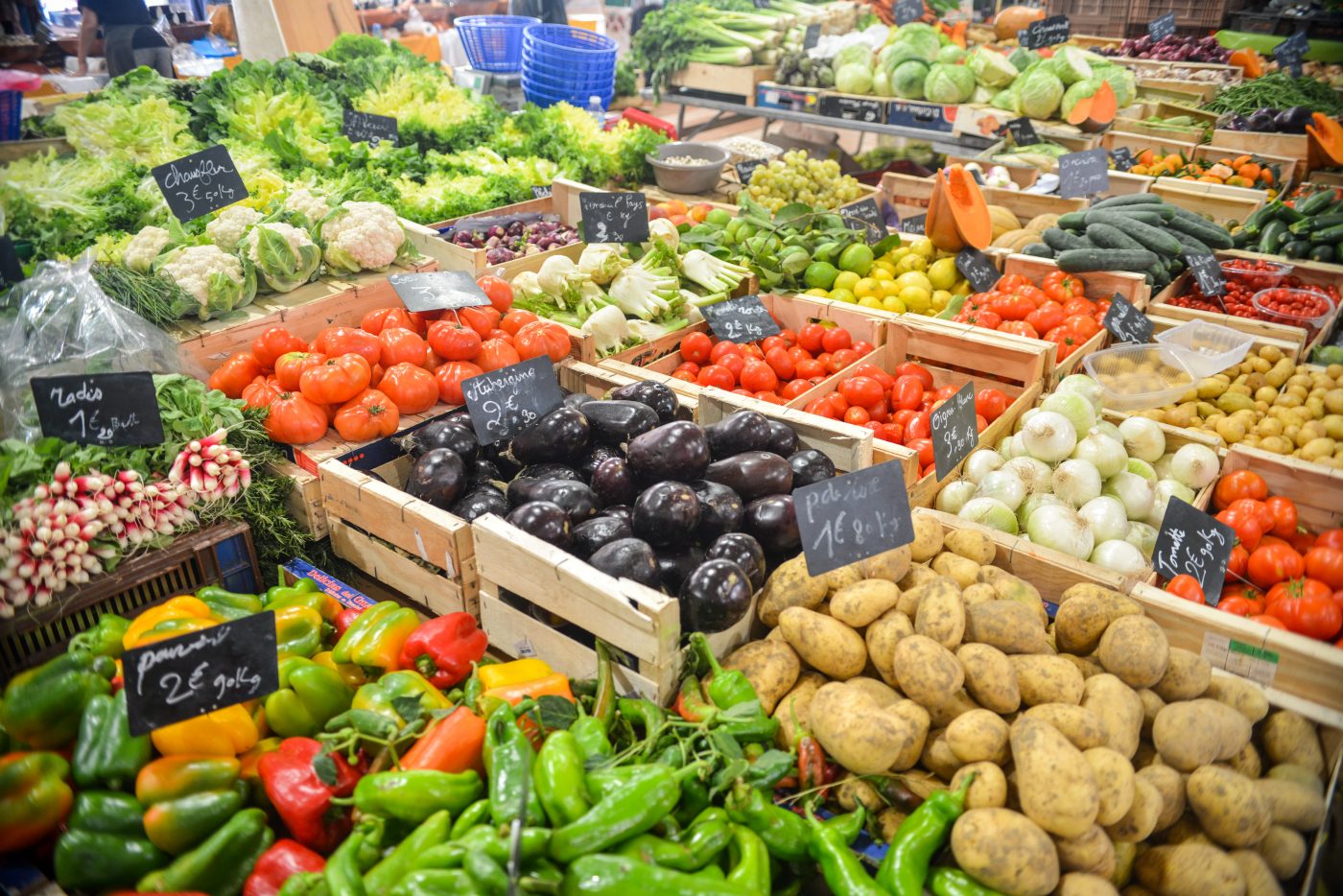
An exclusively breastfed baby who is older than about 4-6 weeks may not poo every day. They may even skip a few days. This isn’t a concern provided they are growing well, having wet nappies and the poo is soft when you eventually do see it. This isn’t constipation and you shouldn’t give your baby anything to eat and drink other than milk to try and make them poo. It’s completely normal and it’s also normal for breastfed babies to continue pooing every day! Every baby is different.
It’s easier to prevent your baby getting constipated in the first place than it is to treat it, so follow these simple guidelines to avoid it happening:
Breastfed babies rarely get constipated. Assuming your baby is on solids or formula fed:
Try increasing fluids by offering extra water between meals.
Increasing fruit in babies over 6 months can also help relieve constipation. Try apple, plums, prunes, apricots, peaches or raspberries.
Baked beans, frozen peas and sweetcorn are good and popular sources of fibre with babies and children. A little bit of fresh orange juice in your baby’s milk or water can help soften stools.
Get them out of the pram and moving as much as you can.
Gently massaging baby’s abdomen in a clockwise direction (following the direction of the baby’s gut) or gently moving their legs, bending their knees and gently rotating in a clockwise direction – may also help stimulate bowels.
It might be that if their bottoms are hurt when straining with a hard poo, they don’t want to go through that again. If this happens, do everything you can, as outlined above, to make sure the fluid intake is sufficient, and the diet is good.
Get medical advice from your Health Visitor or GP, since the problem can get worse quite quickly.
Try to resist giving your child laxatives except on medical recommendation. Try everything you can to sort out this long term problem with diet and water.
NICE Guidelines
Dr Anna Maw, Consultant Paediatrician